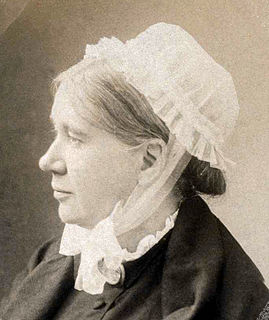A Quote by T. S. Eliot
We had the experience but missed the meaning. And approach to the meaning restores the experience in a different form.
Related Quotes
The meaning of a work is not what the author had in mind at some point, nor is it simply a property of the text or the experience of a reader. Meaning is an inescapable notion because it is not something simple or simply determined. It is simultaneously an experience of a subject and a property of a text. It is both what we understand and what in the text we try to understand.
There is no use in one person attempting to tell another what the meaning of life is. It involves too intimate an awareness. A major part of the meaning of life is contained in the very discovering of it. It is an ongoing experience of growth that involves a deepening contact with reality. To speak as though it were an objective knowledge, like the date of the war of 1812, misses the point altogether. The meaning of life is indeed objective when it is reached, but the way to it is by a path of subjectivities. . . . The meaning of life cannot be told; it has to happen to a person.






































